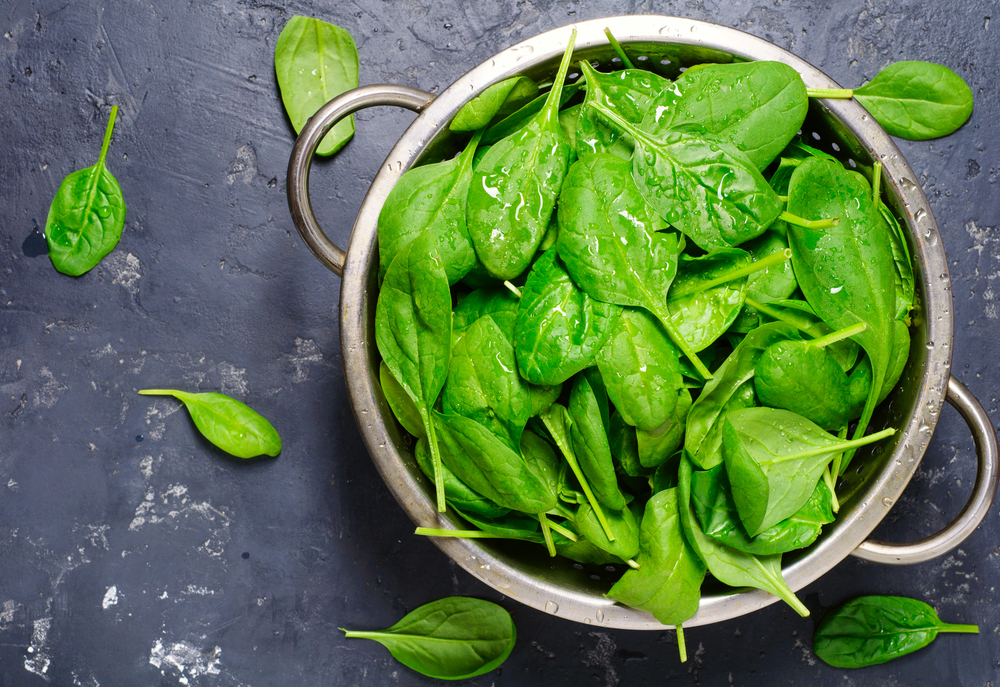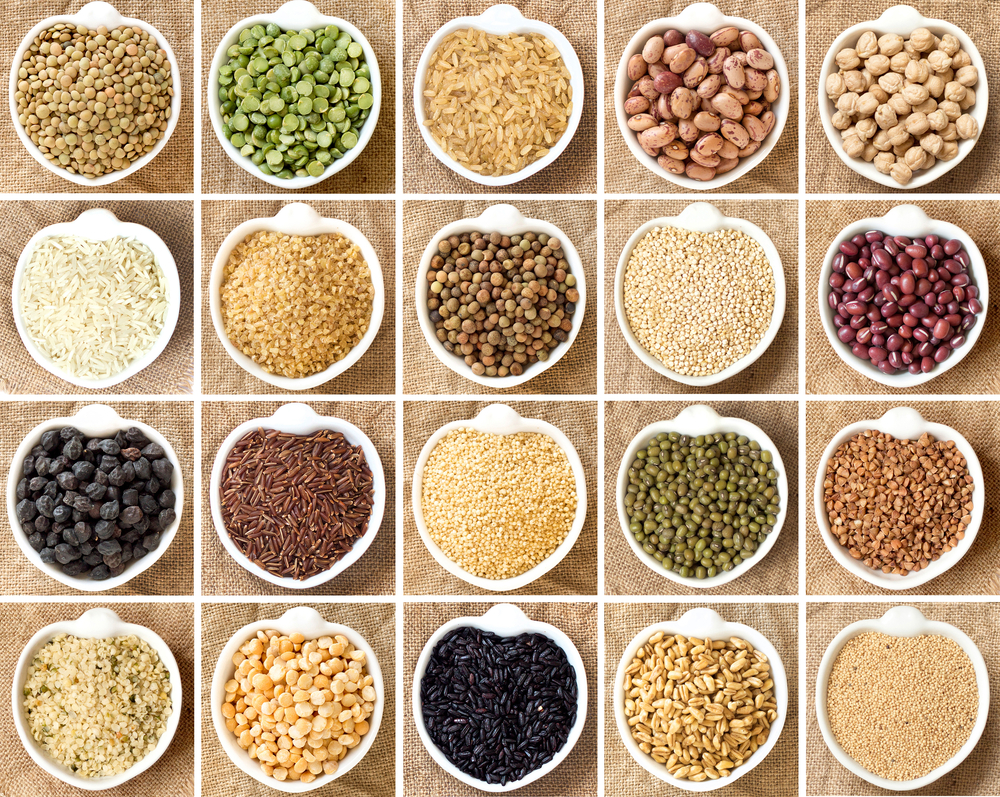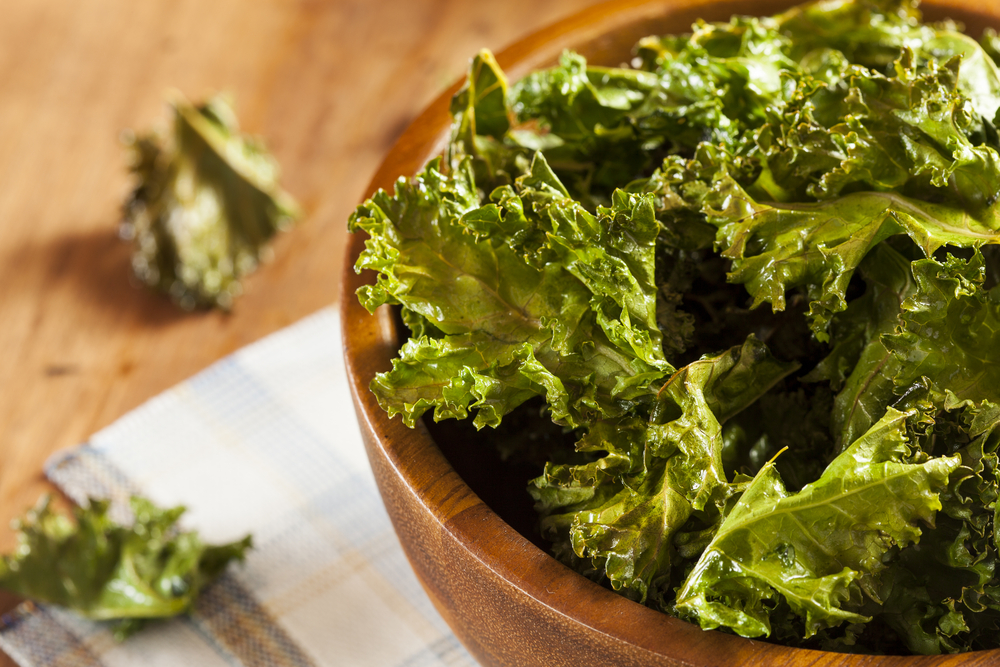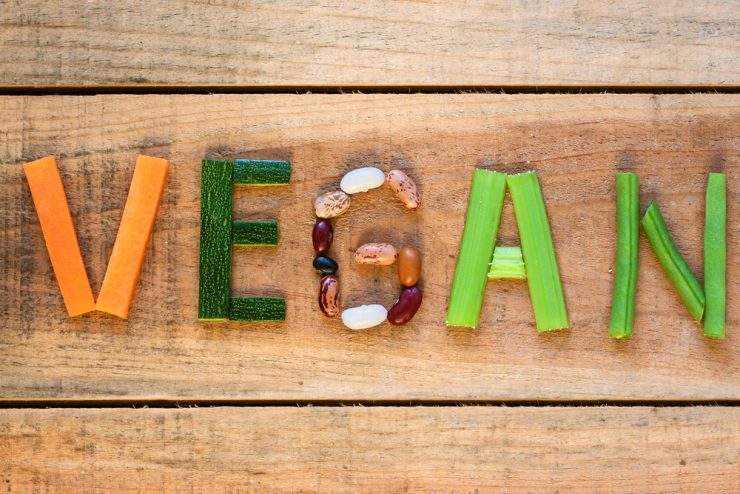“I’ve been vegetarian for a while but I’m still suffering from joint pain, so there is clearly inflammation in my body. I have decided to become vegan in the hope that a totally plant-based diet will help. However, I’m worried that I might miss out on key nutrients. What should I eat and do I need to take a supplement to ensure this doesn’t happen?”
Clinical nutritionist Suzie Sawyer answers:
You are right to be cautious about becoming vegan because you need to get it right to ensure you don’t become deficient in certain nutrients.
Vitamin B12
One of the main issues is lack of vitamin B12 which is only found in animal produce. It’s needed for the production of heathy red blood cells, a properly functioning nervous system and synthesis of DNA. You may have heard of the deficiency disease of vitamin B12 which is pernicious anaemia and this can be very serious. Taking a daily B12 supplement is therefore essential.
Iron

Iron is another nutrient that is often deficient in vegans because the best source is meat. However, the less well-absorbed non-haem iron form is readily available in green leafy vegetables, spinach, beans and pulses. Try to eat as much of these foods as possible with a little orange juice or vitamin-C rich foods at the same time to help absorption.
Protein

Protein is essential for numerous bodily functions including repair (especially thinking about your joint pain). The main vegan sources are grains and beans and ideally you need to include these in some way at each meal. Try to eat the highest protein-delivering foods you can; this means those with the widest essential amino acid profile. Top of the list are tofu, tempeh, edamame, quinoa, spelt, amaranth, oats and wild rice. Think scrambled tofu or quinoa porridge for breakfast to start the day right.
Iodine

Iodine is essential for good cognitive and thyroid function and is mainly sourced from dairy produce. However, seaweed is an excellent source and whole grains, kale, courgettes and green beans do contain some iodine.
The great news is that a plant-based diet is naturally rich in polyphenols and other powerful antioxidants, which help manage inflammation throughout the body. As long as you ensure your diet is varied and balanced, and you take additional supplements as support, there’s no reason for you to become deficient in any nutrients.
























Add comment